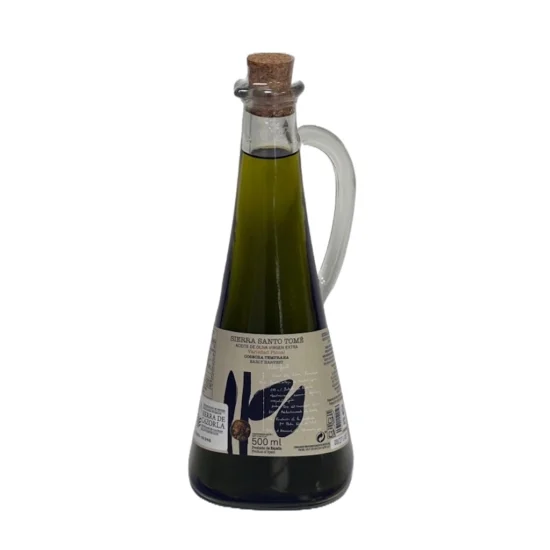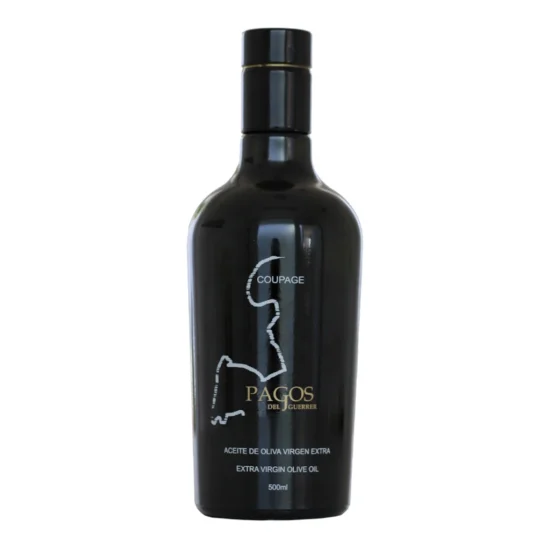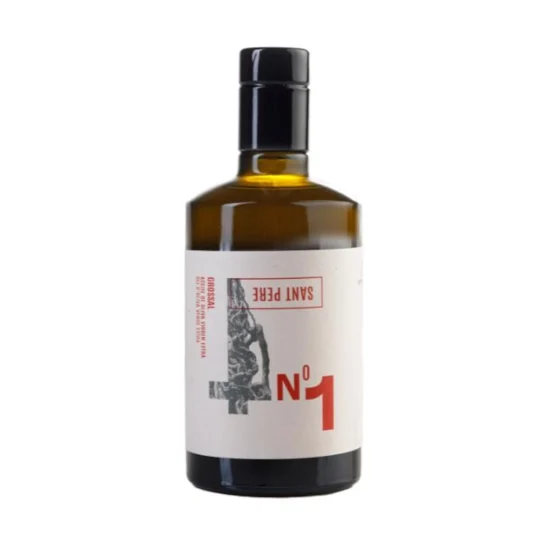
From the age of 85 onwards, one in five people suffer from dementia. Olive oil reduces the risk of dying from the disease. But thanks to medical advances and improved hygiene measures, we are aging more and more.
Therefore, the risk of developing dementia increases with age, and while less than 3% of people between the ages of 65 and 70 develop Alzheimer’s disease, one in five people over 85 do.
This makes it even more important to pay attention to preventing dementia-related diseases. A new study from Harvard University suggests that consuming olive oil may reduce the risk of dying from dementia.
To reach this conclusion, scientists analyzed the dietary habits and causes of death of more than 90,000 Americans over three decades, of whom 4,749 died of dementia.
The results showed that people who consumed more than half a tablespoon of olive oil per day had a 28% lower risk of dying from dementia compared to those who never or rarely consumed olive oil. Furthermore, replacing just one teaspoon of margarine and mayonnaise per day with the same amount of olive oil was associated with an 8% to 14% lower risk of dying from dementia.
The study authors were able to determine that the connection between olive oil and the risk of mortality from dementia was independent of diet quality. One possible explanation for the protective effect: some antioxidant compounds in olive oil can cross the blood-brain barrier and therefore have a direct effect on the brain. An indirect effect by promoting cardiovascular health is also possible.
Extra virgin olive oil may have positive effects on people with mild cognitive impairment, according to a recent study by Amal Kaddoumi of Auburn University’s Harrison College of Pharmacy. Her findings, recently published in the journal Nutrients, suggest that compounds found in olive oil affect brain health and improve the blood-brain barrier.
Kaddoumi, a professor in the university’s Department of Drug Discovery and Development, used 25 participants experiencing mild cognitive impairment. In her study, they were required to consume 30 milliliters (3 tablespoons) of olive oil per day for six months. Thirteen participants consumed extra virgin olive oil, or EVOO, and 12 consumed refined olive oil. Recall that EVOO is rich in phenols, a class of organic compounds containing a hydroxyl group and a benzene ring, while in refined olive oil (ROO), these phenols have been removed.
The participants underwent several tests before and after consuming olive oil, including MRIs, cognitive tests, and blood tests for biomarkers related to Alzheimer’s disease. According to Kaddoumi, both types of oils improved cognitive function as determined by the Improved Clinical Dementia Score and other behavioral scores.
Interestingly, the MRI results were not the same between EVOO and ROO. While EVOO improved blood-brain barrier function and functional connectivity between different brain areas, ROO increased functional brain activation related to a memory task in brain regions involved in cognition.
The blood-brain barrier and its permeability are key indicators in their study. The blood-brain barrier, a network of blood vessels and tissue made up of closely spaced cells, plays a vital role in maintaining a healthy brain by protecting it from exposure to blood-borne neurotoxins and removing waste products from the brain. A functional blood-brain barrier is vital for a healthy brain.
Regarding blood biomarkers, the results showed that EVOO and ROO altered two major biomarkers related to Alzheimer’s disease, namely beta-amyloid and tau phosphorylation, suggesting that EVOO and ROO altered the processing and clearance of beta-amyloid. These alterations may have played a role in improving the blood-brain barrier and improving function and memory.
The results are consistent.spondent with Kaddoumi’s preclinical findings conducted in mouse models of Alzheimer’s disease. The pilot study in people with mild cognitive impairment is the first to directly observe what happens in the human brain when they consume olive oil.
A surprising finding from the study was the results from the control group. The beneficial compounds found in olive oil are more prevalent in unrefined EVOO, but those in the refined group also experienced improvements.
According to the findings of this pilot study, ROO may also provide health benefits that suggest the positive impact of oleic acid, the main monounsaturated fat present in both EVOO and ROO, could contribute to the observed effect.
Even with the need for further studies, Kaddoumi was excited to see the results of her pilot study and what it could mean for those living with Alzheimer’s, dementia, and other cognitive challenges. And while the study used participants who experienced mild cognitive impairment, Kaddoumi says the next steps include a larger clinical trial that will include cognitively normal individuals.
The study suggests that extra virgin olive oil may help prevent cognitive decline due to Alzheimer’s disease. Indeed, Yale School of Medicine researchers led by Natalie Neumann, MD, trained a machine learning algorithm on current experimental Alzheimer’s drugs and then used it to identify the 10 phytochemicals in EVOO most likely to be active against Alzheimer’s disease.
In order of most likely to least likely, the phytochemicals were quercetin, genistein, luteolin, palmitoleate, stearic acid, apigenin, epicatechin, kaempferol, squalene, and daidzein. These results provide evidence of where EVOO’s potential benefits may come from and point to an important role for AI in identifying and developing new therapies.
Important Note: aceitedelcampo.com promotes the consumption of extra virgin olive oil for its culinary qualities and health benefits. However, no medication or current treatment should be replaced without the guidance of a healthcare professional.




ALZAYT EXPORT SL
info@aceitedelcampo.com
C/ Eduardo Bosca 19, 2-5
46023 Valencia
Subscribe and receive a coupon by email for your next purchase.